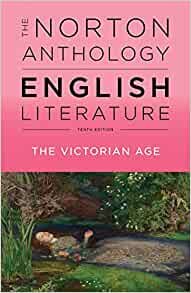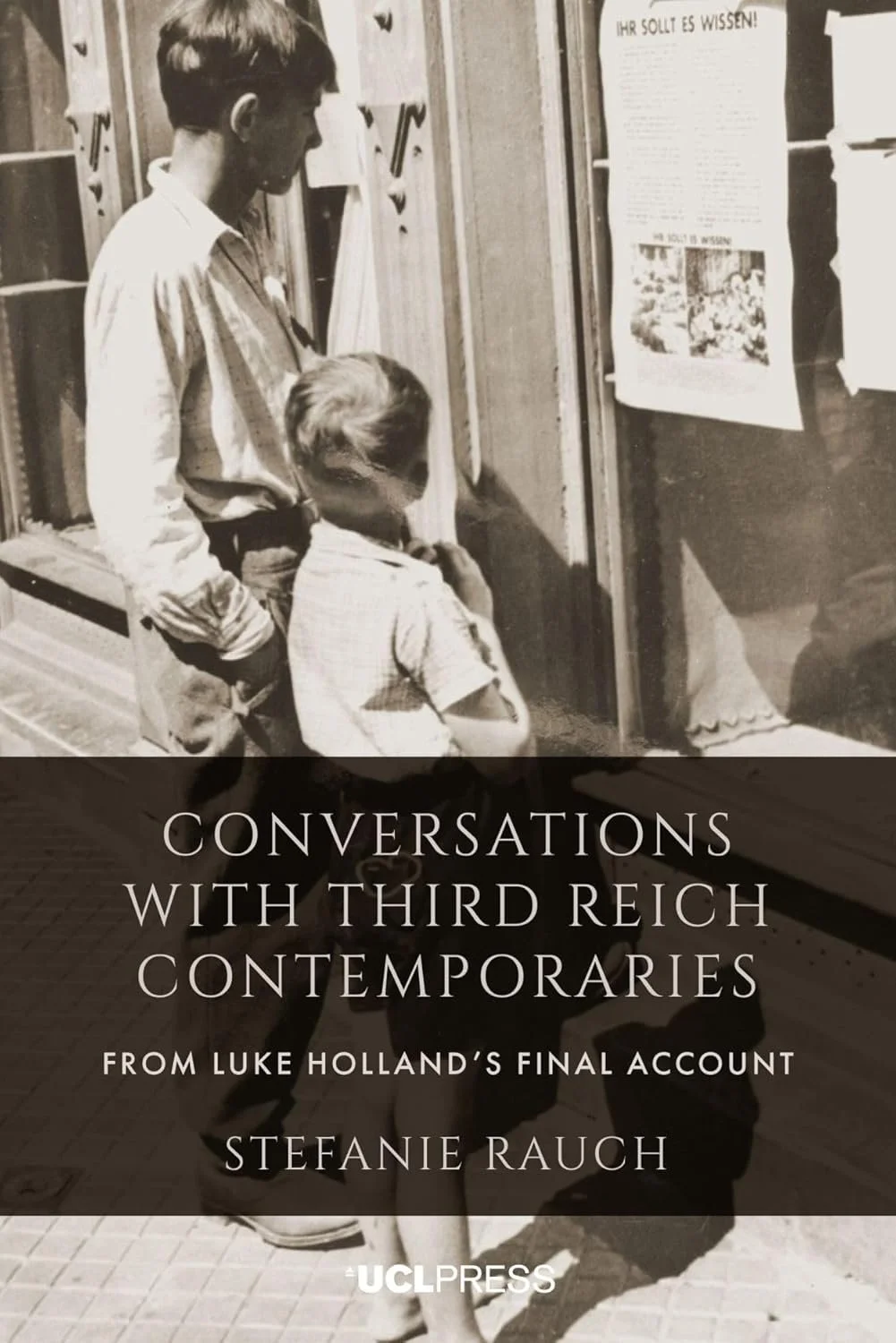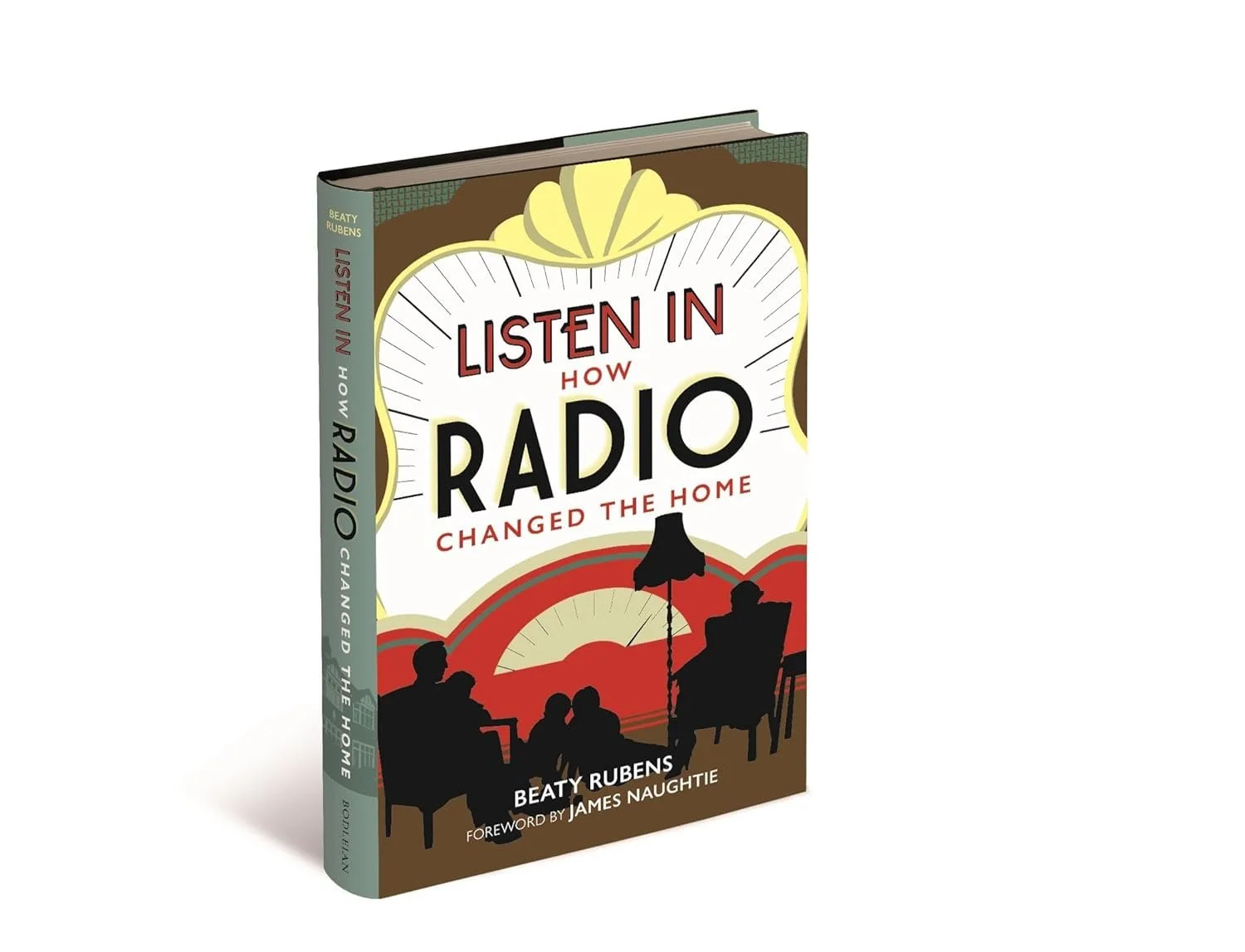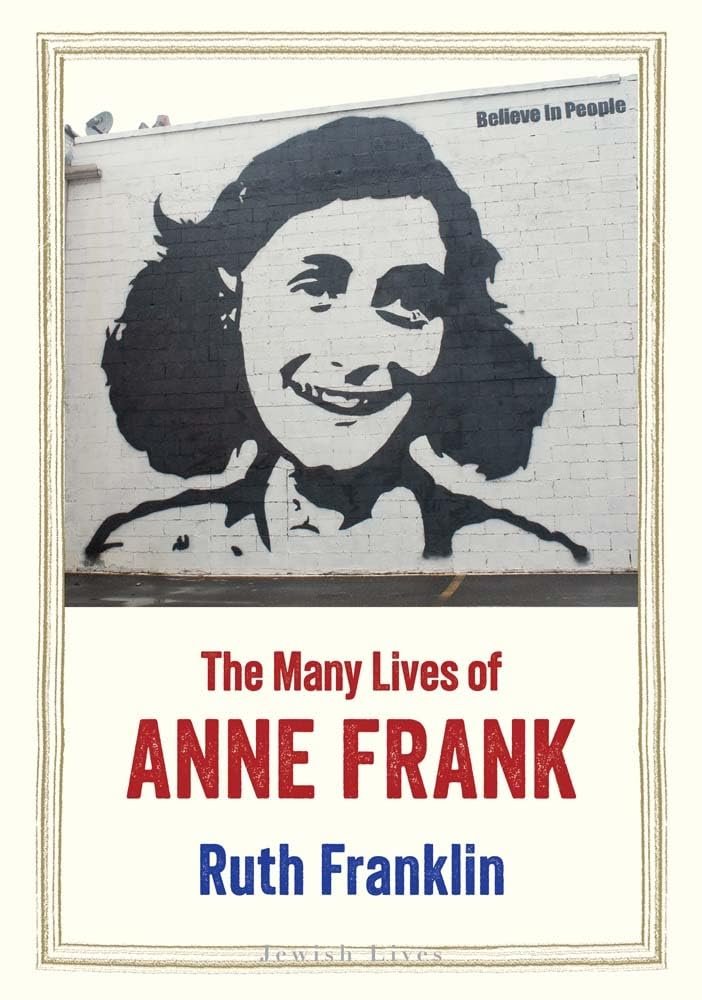Covering the period 1830 to 1901, this is a treasure chest. It not only contains a huge sampling of both prose and poetry, but places them into an historical context.
The introduction to the book gives the reader a broad sweep of what was going on in those seventy odd years (such as the decline of Victorian values, industrialisation, suffrage), and several mini essays throughout provide introductions to the writers and their concerns.
The samples work well: a section from Hard Times convinced me to read the full novel, and I discovered a wonderful essay by George Eliot. Highly recommended.
I am currently experimenting with writing articles of exactly 100 words in length. This is one of them.
The style is plain and simple, and all the more powerful for that, and I like the sense of foreboding.
Context is given regarding the manner in which the interviews were conducted, and there is a great deal of nuance regarding the concept of “bystanders” vs “perpetrators”.
Although I’ve been writing for donkeys’ years, I’ve never written anything for radio.
The style is plain and simple, and all the more powerful for that.
The book includes the obituary writer who can hardly wait for his subjects to drop dead so that he can at last see his work in print.
Once again I am presenting you with two very slightly different reviews of the same book.
Once again I am presenting you with two different reviews of the same book.
Once again I am presenting you with two very slightly different reviews of the same book. The first is the review I sent in to the editor of Teach Secondary magazine. The second is what was actually published.
The real history of news is not about a chronology of technological inventions.










